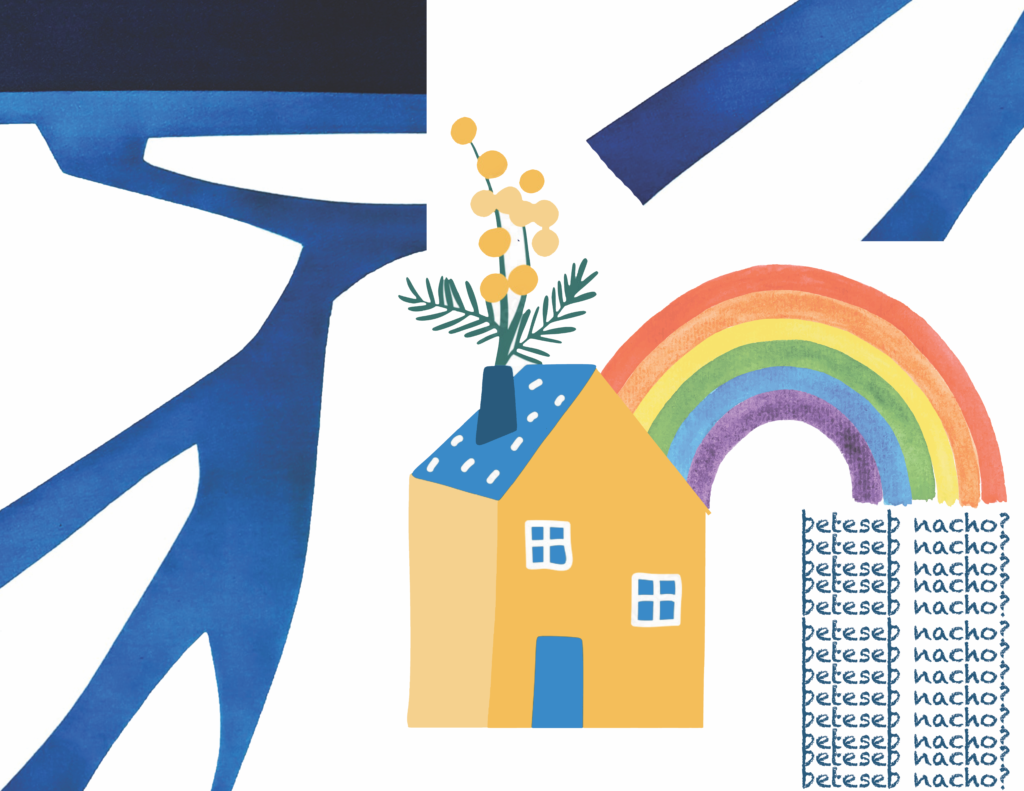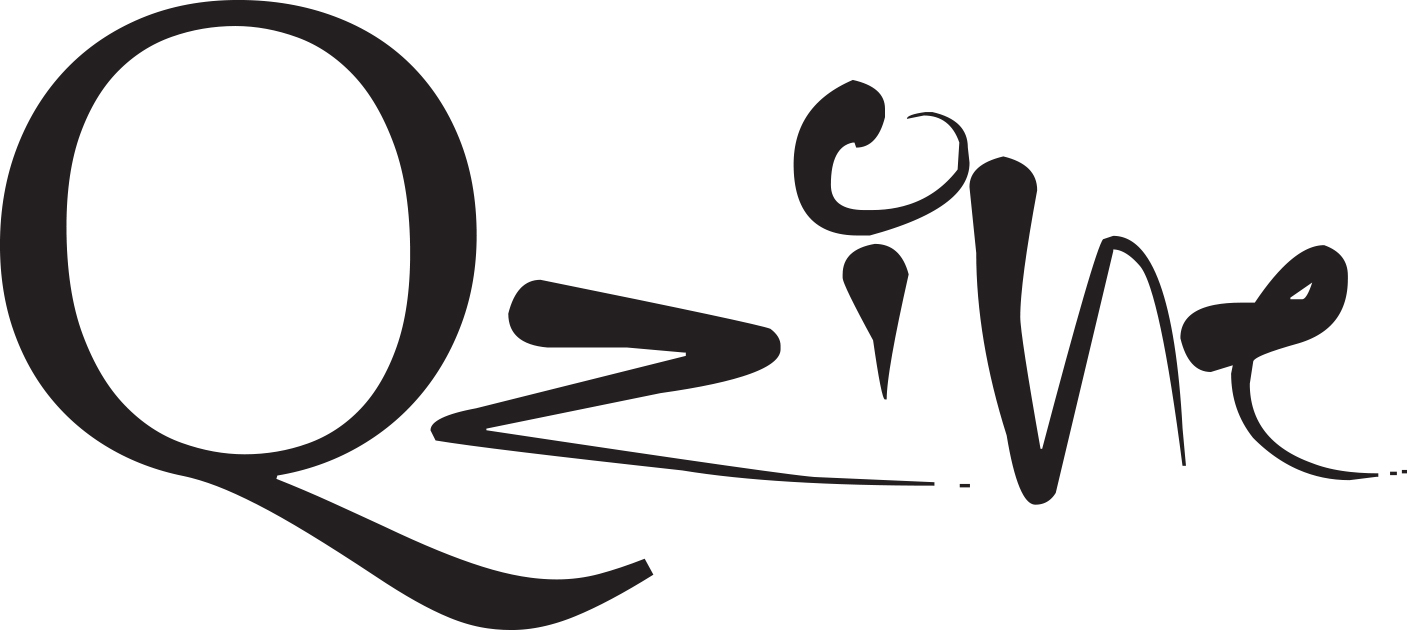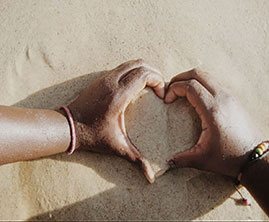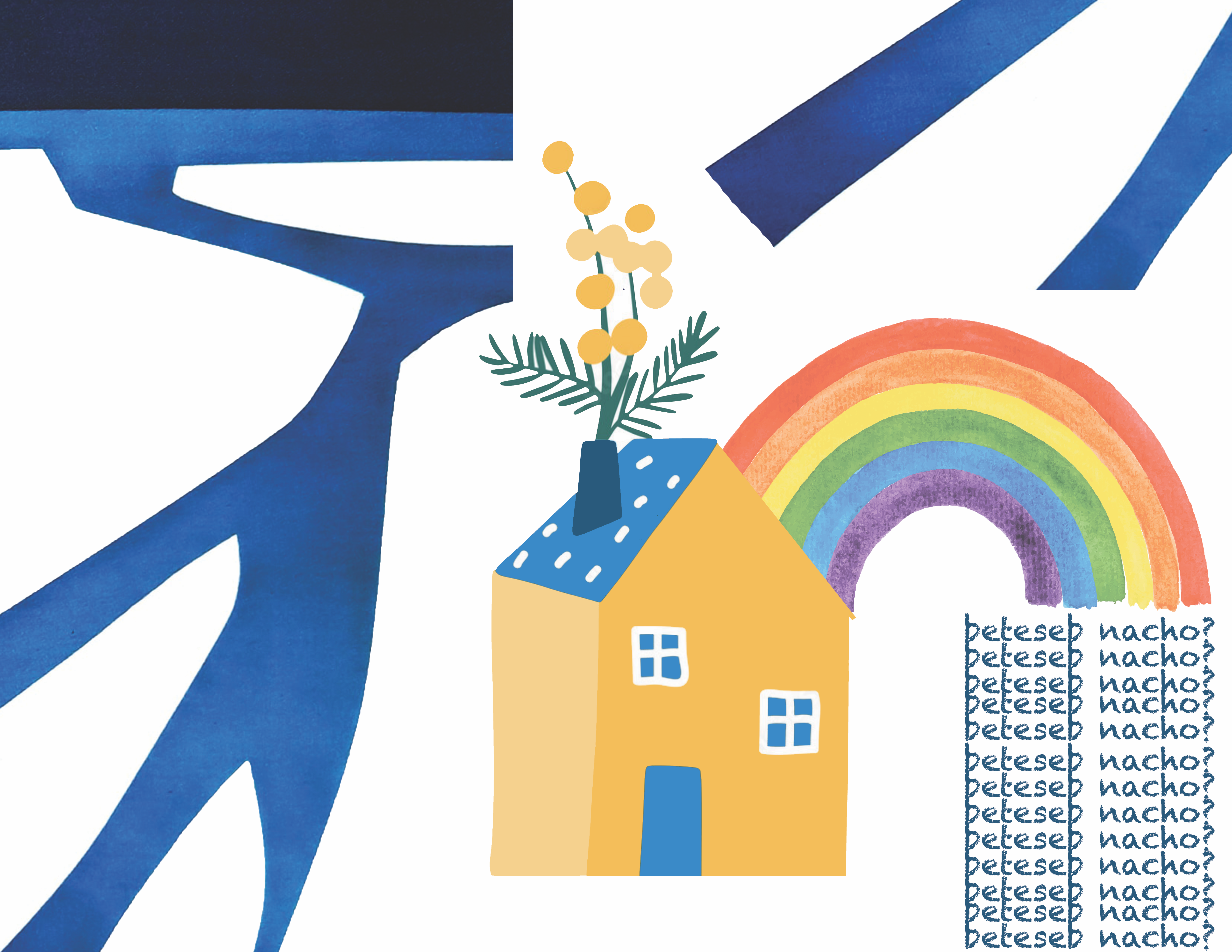Beteseb
By Anania T.
Illustration by Rosie Olang

The equivalent word for “family” in Amharic, Ethiopia’s official working language, is beteseb. It’s a combination of two words: in its literal sense, “bet” means a house, and “seb” (depending on how it is used) loosely translates to kin, so “beteseb” is used to refer to blood or marriage relatives who share the same dwelling.
Translations never capture the full meaning of words, but the essence is still there.
I was always told growing up that blood is thicker than water – that family is the most significant relationship in life and the fundamental building block of society. This was further reinforced by religion and the media, which only painted a single image of what families should look like – a man and a woman sharing traditional gender roles and children that look like them. Anything that veers outside the line is deemed unconventional or downright unacceptable.
When we, as queer Ethiopians, talk about family, we are often focused on those lifesaving and affirming relationships that we have forged on our own. When we ask “Beteseb nachu?” we are saying “Are you part of our large extended gay family?”
But the bonds you choose are also just as significant as those to which you are bound by blood. For example, “Beteseb” has another layer of meaning when used by Ethiopian LGBTI+ communities. We don’t have a lot of words describing queerness or same-sex relationships in our local languages, and those that we do always tend to be pejorative. The lack of language forces one to self-define, to add meaning, or appropriate. When we, as queer Ethiopians, talk about family, we are often focused on those lifesaving and affirming relationships that we have forged on our own. When we ask “Beteseb nachu?” we are saying “Are you part of our large extended gay family?” It is a form of acceptance, a welcome.
A code word
For us LGBTI+ Africans, our identities are often in direct conflict with our cultural norms, traditions, and societal attitudes. As a result, in order to survive, we hide parts of, or all of ourselves. We rarely receive the support we desire from our families and are compelled to create our own. These families, at times, mirror the hetrosexual models that reject us and sometimes stand beyond binaries, redefining what relationships mean, feel, and look like for us.
Interestingly, the idea of a chosen family is not a new concept, especially in Africa, where our interactions are steeped in communal relationships. Phrases like “ubuntu” and “it takes a village to raise a child” make more apparent the place community holds in our social and cultural relationships, fostering the sharing of responsibilities. I have aunts and uncles that are not related to me by blood but with whom I have closer familial ties than those in my extended family – all of whom are friends of my parents and have played important roles in my upbringing.
So, this begs the question, is blood really thicker than water?
A quick Google search reveals that the proverb is one of the most frequently misquoted sayings. The original adage means the exact opposite. The phrase “The blood of the covenant is thicker than the water of the womb” is the correct expression and implies that the bonds you choose to form are as significant (if not more) than those to which you are bound by blood.
As queer people, we tend to emphasise our similarities over our differences. We accept one another because of our shared identities, similar experiences, and the understanding of the challenges that come with navigating a heteronormative world in a queer body. The ties we forge are particularly precious because of our openness to the infinite ways that family and friendship manifest.
There’s a lot of tenderness and intimacy in that.
We often think of sexual relationships when we talk about intimacy, but the most extraordinary and intimate moments I’ve had in my life have been platonic. My best friend and I have this unspoken understanding that, whenever we get the chance, we oil each other’s hair. There is a lot of care in that act: having someone between your laps, their head gently pressing against your belly as your fingertips deftly pass through their roots, tracing shapes and patterns on their scalp as they go. Your hands express how invested you are in their comfort and the nourishment of their crown.
It’s a form of healing.
The idea of a chosen family is not a new concept, especially in Africa, where our interactions are steeped in communal relationships.
That intimacy is also there in the casual but powerful “u good?”, “hey bitch!”, “yo!” texts you receive after a few days of ghosting; it’s in the curated memes living rent-free inside your DMs, each one seemingly fitting your current circumstance perfectly; it is in the silence on the group car ride home after a long day together.
One of my favorite TV shows of all time is Pose. The show was groundbreaking in part because it not only showed the authentic lives of black and brown queer people in New York in the late 1980’s and early 90’s at the height of the AIDS crisis, but also because it showed queerness in all its flaws and glory. Central to Pose’s premise is the chosen family, in all its perfect imperfections.
In the words of Blanca – the heart and soul of the show – “A house is the family you get to choose […] I provide a support system for my children and housing if you need it.” I too was once a young queer kid in need of a community, and meeting my tribe changed my life. This fortuitous encounter has come to define my life, allowing me to expand into my truest form, with no restriction and judgment.
I too was once a young queer kid in need of a community, and meeting my tribe changed my life.
I once received a text message from one of my queer siblings, telling me they consider me to be the older sibling they never had and the younger sibling they always want to protect. We are the same age, but we fill different roles in each other’s lives – we’re parents, confidants, caretakers, co-conspirators, and, at times, a voice of reason – a much needed reality check.
“Family” might translate to “beteseb” in Amharic. And beteseb might literally mean “house of kin,” but my beteseb, my chosen family, is expansive in ways that sometimes words fail to capture. It transcends four walls.



